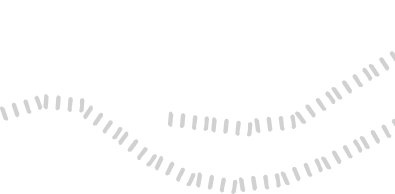Societal Muse gets love from around the world
We launched the first edition of Societal Muse in February 2023. Since then, it has travelled far and wide, reaching change leaders, funders and thinkers across…



Our collection of stories and ideas on how change
leaders are reimagining and co-creating change
that inspires more change
To counter rapidly growing and mutating problems, the speed of execution, building solutions, getting solutions to citizens & responding to challenges as they emerge all influence the speed of solving the problem. And to do so, we need to move from a linear change mindset to an exponential change pathway.
Read More
We launched the first edition of Societal Muse in February 2023. Since then, it has travelled far and wide, reaching change leaders, funders and thinkers across…

Founded in 1994, SEEDS works towards building the resilience of people exposed to disasters and climate change impacts. In recent years, SEEDS has been facing challenges in keeping up with the increasing demand for disaster response.

Societal Platform is now Societal Thinking!

Societal Muse gives us a glimpse into the experiences and efforts of change leaders who are using Societal Thinking to create change that inspires more change.

If collaboration were to be painted, it would look like the Agami Summit. It brought together, recognised and restored agency and held space for everyone to share their story with dignity.

The VI Lab – a place where organizations come to design & develop digital prototypes to solve complex problems & drive impact. Read more here.

Serendipity! That’s what I would call the opportunity I got to join and contribute to UNLEASH 2022, hosted in the beautiful city of Mysore, India. At…

A frame, simply put, is an approach to recast or reorganise how we think about a problem or a challenge. It helps us see the world from a distinct vantage point by magnifying certain elements and minimising others.

The Goalkeepers report is a great way for me to dig deeper into where we have reached on the SDGs, what gaps exist and where and what we can do better to bridge them.

It is undeniable that we are living in the age of data. I believe we need an intersectional feminist lens to think about and design for empowering communities to see, sense and solve the problems they face.

